Top Vaccinologist Admits Vaccines Are Not Properly Tested for Safety: 'The New England Journal of Medicine'
"Prelicensure clinical trials have limited sample sizes [and] follow-up durations" and "there are not resources earmarked for postauthorization safety studies," Dr. Plotkin and colleagues admit.
In a groundbreaking revelation, vaccinologist Dr. Stanley Plotkin, the widely recognized inventor of the rubella vaccine, and his colleagues have conceded significant gaps in vaccine safety studies.
The admission, which contrasts sharply with decades of assertions about the safety of vaccines, was highlighted by attorney and vaccine safety advocate Aaron Siri in a detailed Twitter (X) thread.
Follow Jon Fleetwood: Instagram @realjonfleetwood / Twitter @JonMFleetwood / Facebook @realjonfleetwood
The Admission
The article in question, published in The New England Journal of Medicine (NEJM), acknowledges the shortcomings in both pre-licensure and post-licensure vaccine safety studies.
Dr. Plotkin and his co-authors admitted that “[p]relicensure clinical trials have limited sample sizes [and] follow-up durations” and that “there are not resources earmarked for postauthorization safety studies.”
This starkly contrasts with the long-standing position of the medical community, which has often portrayed vaccines as among the most thoroughly tested medical products.
Historical Context
Siri contextualized these admissions against a backdrop of historical assertions by leading figures in vaccinology.
He recalled pediatrician and infectious disease doctor Dr. Paul Offit’s statement: “I think we should be proud of vaccines as arguably the safest, best tested things we put in our body.”
Siri highlighted the decades-long struggle of parents of vaccine-injured children and other parties who contested these claims, often facing significant pushback from the medical community.
In 2018, Siri deposed Dr. Plotkin, during which he revealed substantial evidence pointing to the lack of comprehensive vaccine safety trials.
Siri noted that following this deposition, Dr. Plotkin aggressively advocated for more robust safety information on vaccine package inserts and worked to ensure vaccine hesitancy was labeled as a global threat by the World Health Organization (WHO).
Follow Jon Fleetwood: Instagram @realjonfleetwood / Twitter @JonMFleetwood / Facebook @realjonfleetwood
The Current Landscape
Siri emphasized that these efforts did not translate into effective safety measures, citing Dr. Plotkin’s failure to hide the truth about the absence of proper safety studies.
“Their only option is to try and co-op the truth they have lied about for decades by now admitting that the studies to show vaccines are safe do not exist,” Siri remarked.
He underscored the deceptive nature of the recent admissions, suggesting that the real agenda of Dr. Plotkin and his disciples remains unchanged.
“Their goal is to protect the products they have spent their careers defending and worshipping and that have brought them fame and riches,” Siri stated.
Key Admissions from the NEJM Article
The NEJM article contained several significant admissions, noted by Siri:
“Postauthorization studies are needed to fully characterize the safety profile of a new vaccine, since prelicensure clinical trials have limited sample sizes, follow up durations, and population heterogeneity.”
“It is critical to examine adverse events following immunization (AEFIs) that have not been detected in clinical trials, to ascertain whether they are causally or coincidentally related to vaccination.”
“When they are caused by vaccines (vaccine adverse reactions), the risk attributable to vaccination and the biologic mechanism must be ascertained. That science becomes the basis for developing safer vaccines, if possible, and for determining contraindications to vaccination and the compensation that should be offered for AEFIs.”
“Currently in the United States, when the Advisory Committee on Immunization Practices (ACIP) recommends a new routine vaccine, the only automatic statutory resource allocations that follow are for vaccine procurement by Vaccines for Children (VFC) and for the Vaccine Injury Compensation Program (VICP). Although the ACIP acknowledges the need, there are currently no resources earmarked for postauthorization safety studies beyond annual appropriations, which must be approved by Congress each year.”
“Progress in vaccine-safety science has understandably been slow — often depending on epidemiologic evidence that is delayed or is inadequate to support causal conclusions and on an understanding of biologic mechanisms that is incomplete — which has adversely affected vaccine acceptance.”
“In 234 reviews of various vaccines and health outcomes conducted from 1991 to 2012, the IOM found inadequate evidence to prove or disprove causation in 179 (76%) of the relationships it explored, illustrating the need for more rigorous science.”
“Identifying the biologic mechanisms of adverse reactions — how and in whom they occur — is critical for developing safer vaccines, preventing adverse reactions by expanding contraindications, and equitably compensating vaccinees for true adverse reactions.”
“[T]he budget for vaccine-safety monitoring at the CDC (which is responsible for the majority of U.S. federal efforts) has remained stagnant … at about $20 million per year,” which they write is an “inadequate level of funding.”
“The public [now] also wants public health authorities to mitigate and prevent rare but serious adverse events – which no longer seem rare when vaccines are given to millions or billions of people.”
Siri provided pointed commentary on each of these admissions, highlighting the consistent gaps and failures he has long criticized.
He stressed that these acknowledgments, while significant, do not absolve decades of misinformation and inadequate safety practices.
Follow Jon Fleetwood: Instagram @realjonfleetwood / Twitter @JonMFleetwood / Facebook @realjonfleetwood
Moving Forward
Siri called for an open and collaborative approach to genuinely studying vaccine safety.
He proposed convening a bipartisan panel to review existing studies and design new ones transparently.
“If they are really interested in the truth about what injuries vaccines cause and the rate at which these injuries occur, then they should welcome convening a bipartisan panel,” Siri suggested.
Despite his criticisms, Siri expressed a willingness to work with Dr. Plotkin and his colleagues to ensure the safety of vaccines.
“To be fair, I will email all four of them to request a meeting to review existing science and design studies mutually agreed upon. If they are really interested in vaccine safety, they should welcome that,” he concluded.
The admissions from Dr. Plotkin and his colleagues mark a significant moment in the ongoing debate about vaccine safety.
Siri’s detailed analysis and historical context provide a compelling narrative that challenges the longstanding assertions of the medical community.
As the conversation continues, transparency and rigorous scientific inquiry remain crucial to addressing public concerns and ensuring vaccine safety.
Follow Jon Fleetwood: Instagram @realjonfleetwood / Twitter @JonMFleetwood / Facebook @realjonfleetwood
'17 Million' COVID-19 Vaccine Deaths Worldwide: Physicists, Microbiologist for 'CORRELATION Research in the Public Interest'
Scientists representing the Canada-based nonprofit ‘CORRELATION Research in the Public Interest’ have published research arguing that COVID-19 vaccines have killed about 17 million people worldwide.
Excess Cancer Deaths Spike from -1,379 in 2020 to +7,162 in 2022 'After Mass Vaccination' with mRNA COVID Jabs in Japan: Journal 'Cureus'
A brand new peer-reviewed study published in Cureus on Monday found significant increases in age-adjusted mortality rates of all cancer types in 2022 after the majority of the Japanese population received doses of the COVID-19 mRNA vaccine.
mRNA COVID Jab Ingredient N1-Methyl-Pseudouridine (m1Ψ) 'Stimulated Cancer Growth and Metastasis': 'International Journal of Biological Macromolecules'
A new study published earlier this month in the International Journal of Biological Macromolecules confirms that an ingredient in mRNA COVID-19 injections called N1-methyl-pseudouridine (m1Ψ) increases cancer growth and spread.
COVID Spike Protein—Present in Pfizer, Moderna mRNA Jabs—Helps Cancer Cells Survive Chemotherapy: Brown University Study Preprint in 'BioRxiv'
Brown University researchers posted a preprint study last month in BioRxiv, an open-access preprint repository for the biological sciences, confirming that the SARS-CoV-2 spike protein interferes with the effectiveness of chemotherapy treatment for cancer.
'Patients Develop Severe and Critical COVID-19 Infection Despite Being Vaccinated': Journal 'Bioinformation'
A March study published in the peer-reviewed journal Bioinformation confirms that COVID-19 infections not only occur in those who receive vaccinations but that the vaccinated are infected significantly more often than the unvaccinated.
'New-Onset Psychosis Following COVID-19 Vaccination': Journal 'Frontiers in Psychology'
A new study published last month in the peer-reviewed journal Frontiers in Psychology found dozens of cases of new-onset psychological symptoms following COVID-19 injection.
Pfizer COVID Jab's Dangerous DNA Impurities 'Exceed the Permitted Limit Value' by 'More Than 500 Times': Peer-Reviewed Journal 'Methods and Protocols'
A new study published this month in MDPI’s peer-reviewed Methods and Protocols confirms Pfizer Inc.’s COVID-19 injection contains in some cases “more than 500 times” the permitted limit of potentially cancer-causing DNA contamination.
COVID Jab Spike Protein Remains in Body 'Up to 245 Days'—Not a 'Few Weeks' as Health Authorities Claimed: Journal 'MedRxiv'
A March publication in the peer-reviewed medical journal MedRxiv confirms that the spike protein produced by cells after mRNA COVID-19 injection remains in the body for “up to 245 days,” contradicting claims from mainstream health authorities.
1 in 34 AstraZeneca COVID Jab Recipients Suffer Serious Adverse Event (SAE): European Union Clinical Trial Data
Clinical trial data submitted to the European Union Clinical Trials Register confirms one in 34 recipients of AstraZeneca Plc.’s COVID-19 injection suffer a serious adverse event (SAE).
Cardiac Arrest Deaths Spike 1,236% from 2020 to 2023 in U.S. County Following COVID-19 Jab Campaign: Study
A new preprint study published this week shows deaths from cardiopulmonary arrest jumped 1,236% in King County, Washington from 2020 to 2023 following widespread COVID-19 vaccination campaigns in the U.S.
'More Than 3 Million Excess Deaths Since 2020': Mainstream Media Finally Admit COVID Jabs 'May Have Helped Fuel Rise' in Excess Mortality
British newspaper The Daily Telegraph on Tuesday reported findings published in The British Medical Journal (BMJ) supporting the claim that COVID-19 jabs “could be partly to blame for the rise in excess deaths since the pandemic, scientists have suggested.”
Pfizer COVID Jab Has 'No Significant Effect' Against Infection or Transmission: Journal 'BMC Medicine'
A Wednesday publication in the peer-reviewed medical journal BMC Medicine confirms mRNA COVID-19 injections have “no significant effect” against infection or transmission.
Worldwide Study of 130 Million Injuries from 1969 to 2023 Confirms 'Increase in Pericarditis and Myocarditis Reports Associated With Vaccines': WHO Data
Researchers from Harvard Medical School and Massachusetts General Hospital have published a new study in the Journal of Medical Virology utilizing World Health Organization (WHO) data that confirms an increase in heart disease following all types of vaccinations.
Country Underreports COVID-19 Jab Injuries by 99%: 'European Journal of Clinical Investigation'
A study published Thursday in the European Journal of Clinical Investigation has uncovered troubling discrepancies in the safety of different batches of COVID-19 vaccines used in the Czech Republic. The research, conducted by Dr. Tomáš Fürst and his team, highlights significant variability in adverse event (AE) reports, revealing that some batches cause…
COVID Jabbed Face 37% Reduced Life Expectancy and Higher All-Cause Death Risk Compared to Unjabbed: Journal 'Microorganisms'
A study published last weekend in the peer-reviewed, open-access scientific journal Microorganisms has brought to light significant concerns regarding the safety and effectiveness of COVID-19 shots. Conducted by Marco Alessandria and colleagues, the study critically analyzed all-cause mortality during COVID inoculation campaigns in the Italian province …




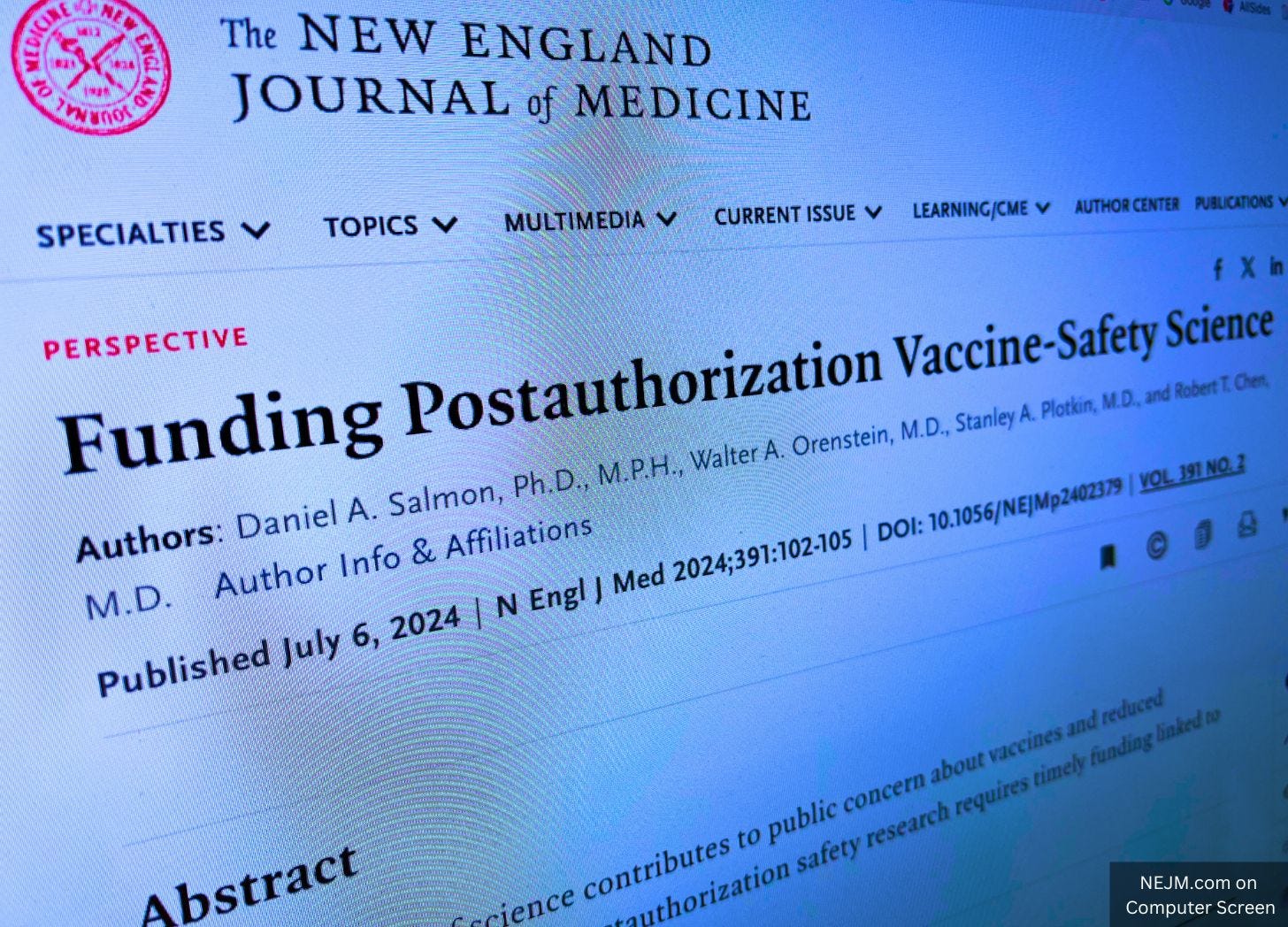


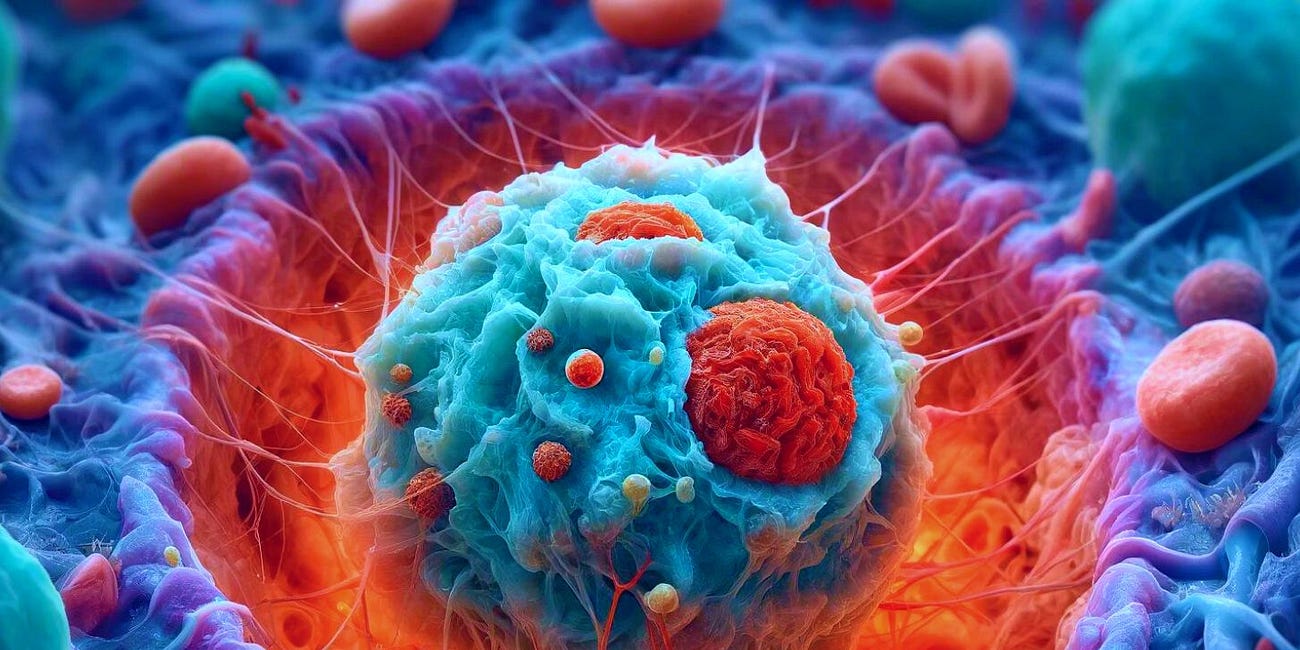

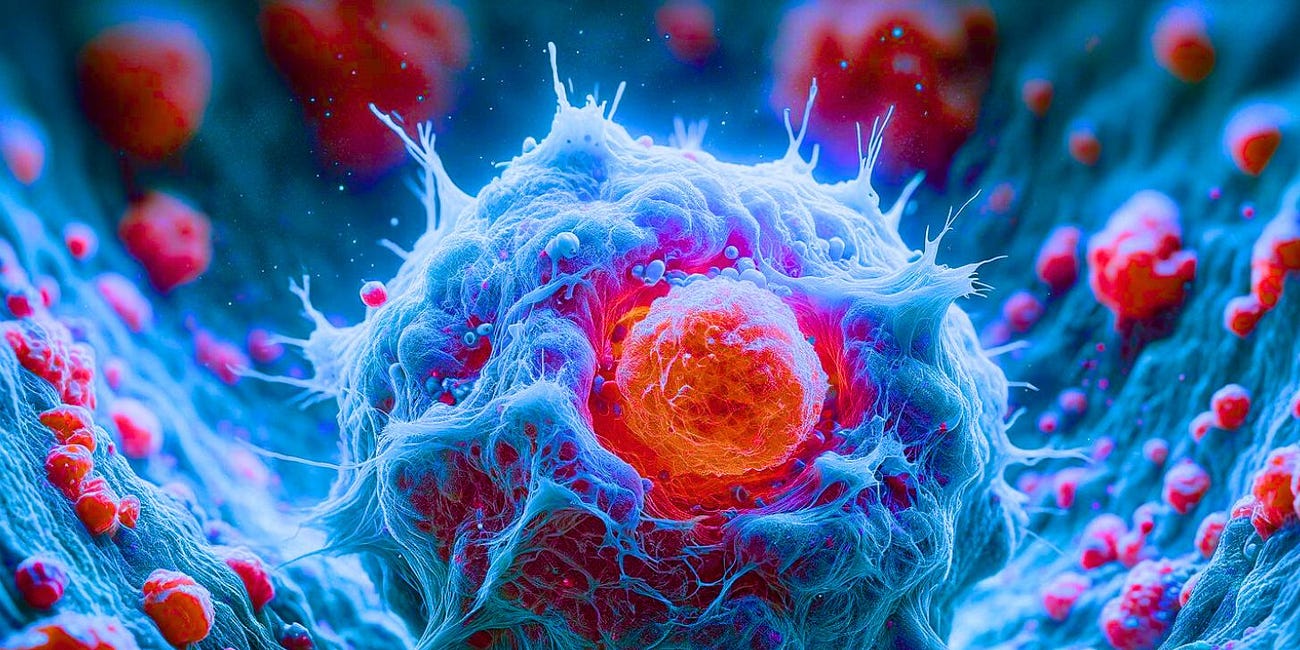
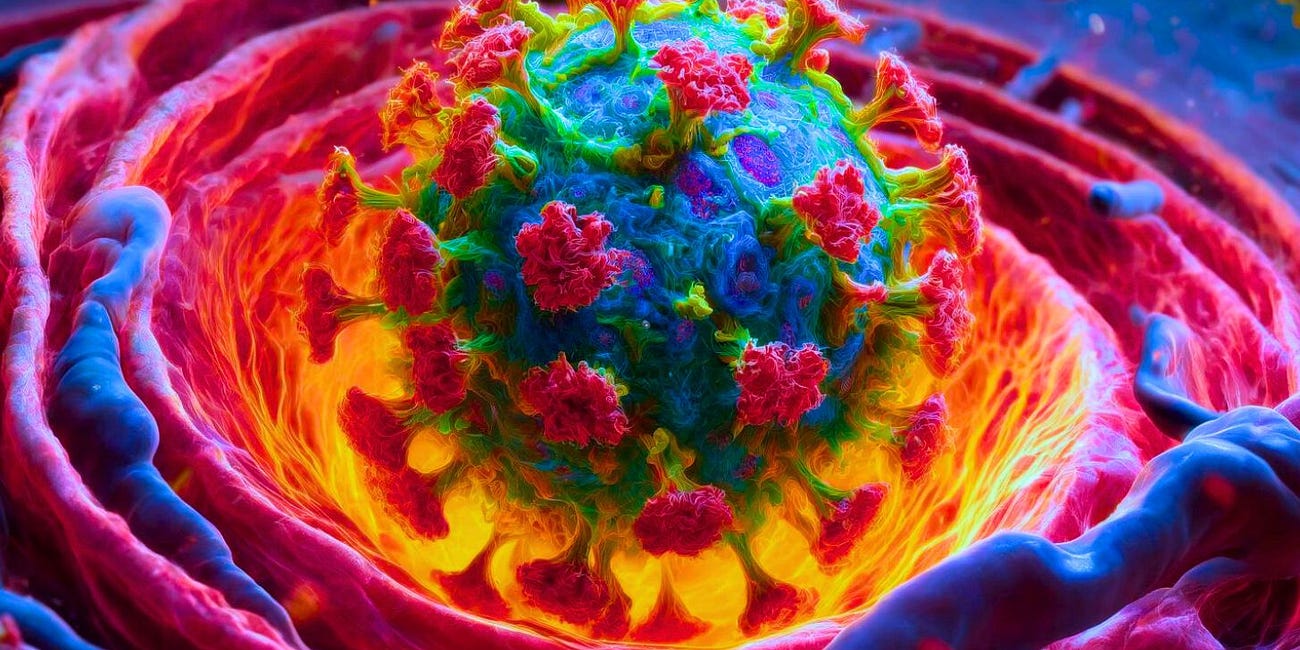







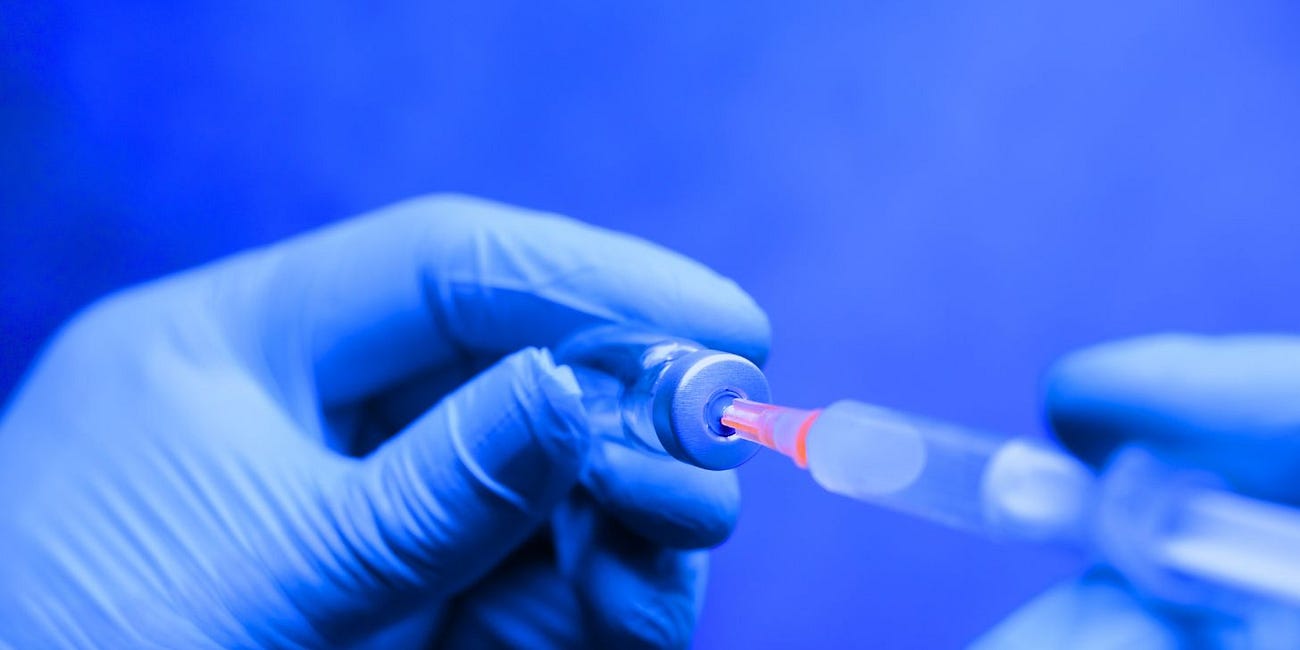


If you've ever seen Aaron Siri question Plotkin on the stand it's bone chilling. Plotkin comes across as having no soul. You can find it on YouTube and probably on Aaron Siri's web page.
JAMES LYONS WEILER SUBSTACK AARON SIRI
Too Little, Too Late, Wrong Science: A Critique of Salmon et al. by James Lyons-Weiler
40 years of failed science is enough. I'm asking Siri, Kennedy and Bigtree to make the right science happen. They can do it.
https://popularrationalism.substack.com/p/too-little-too-late-wrong-science
ARCHIVED 👇
https://archive.is/2024.07.11-180503/https://popularrationalism.substack.com/p/too-little-too-late-wrong-science